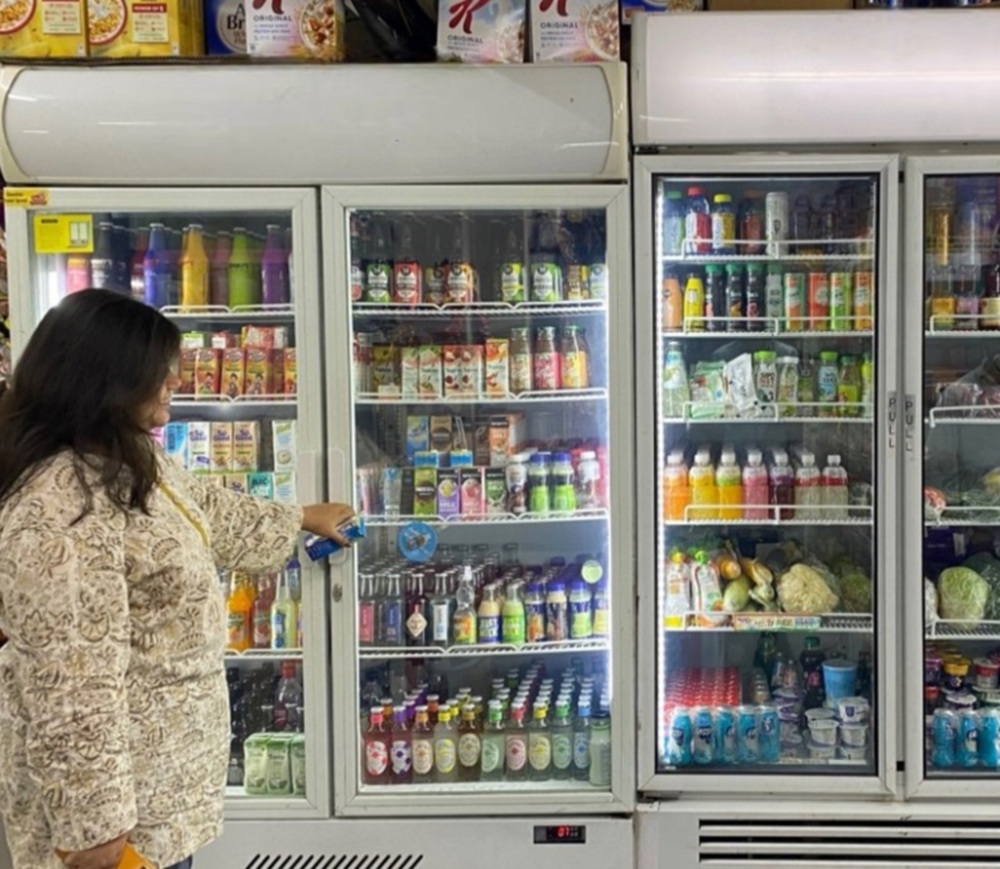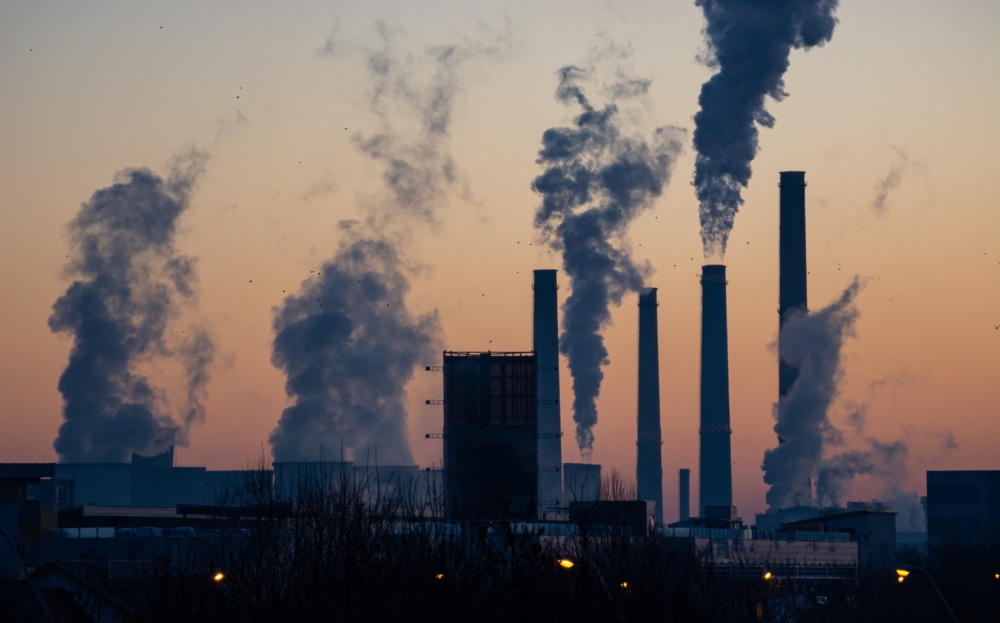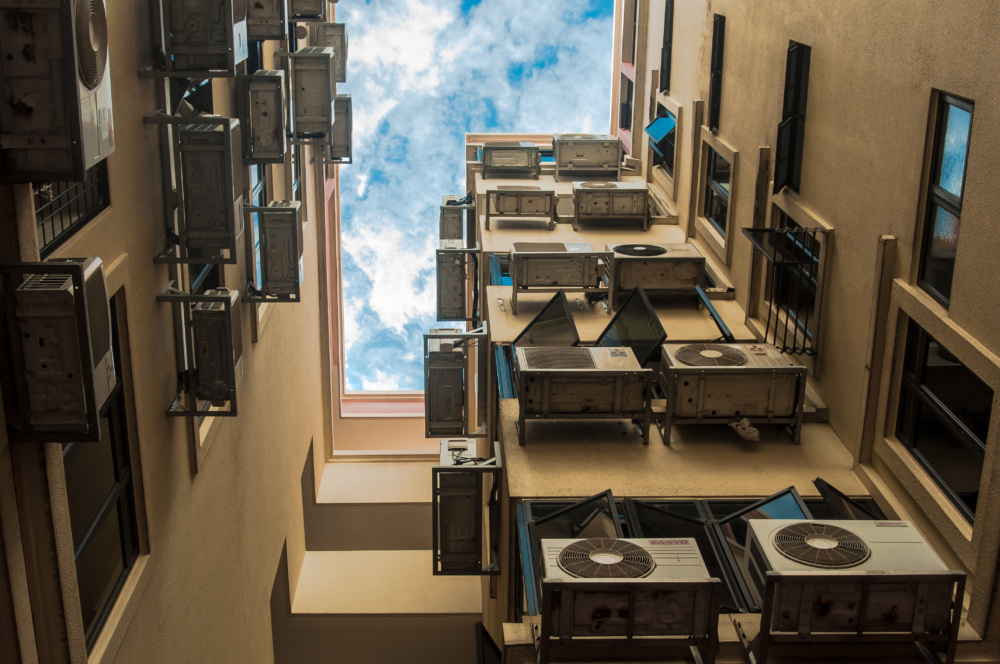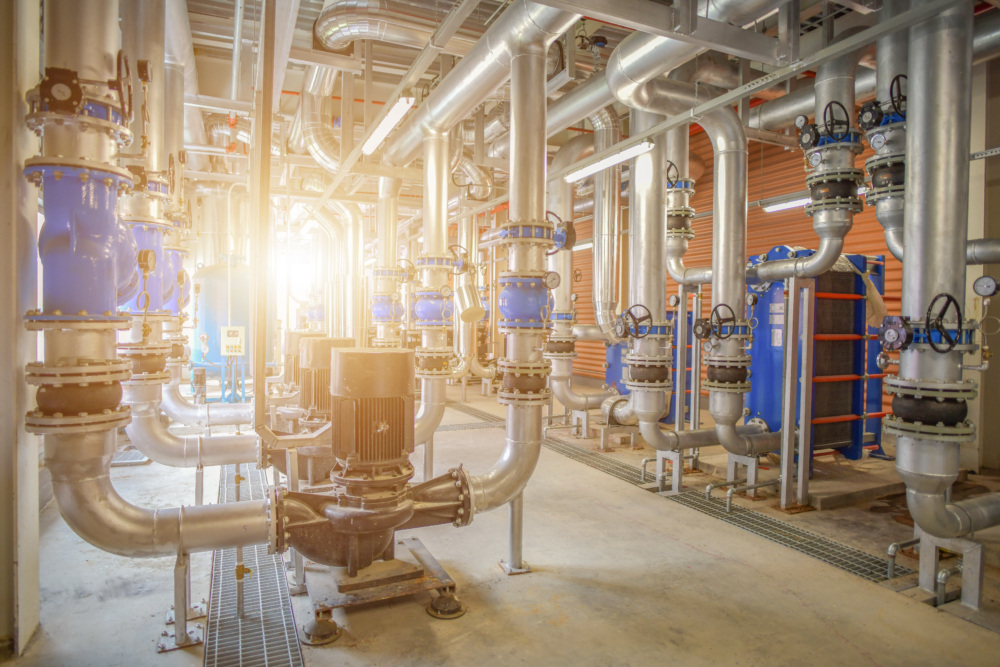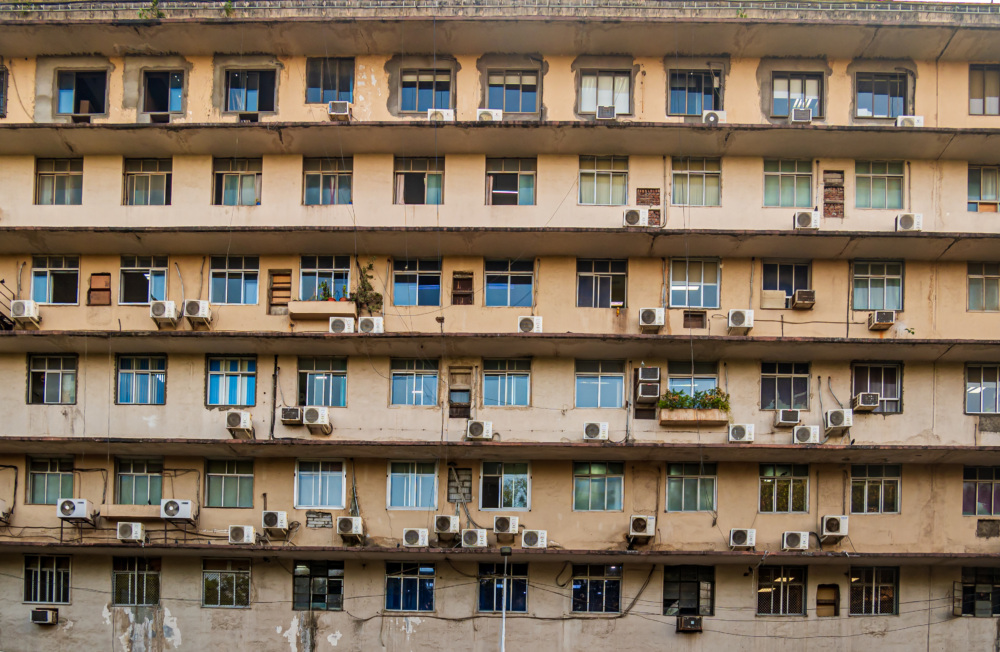Market Assessment for Deep Freezers in India
Summary
This report delves into the technical assistance provided by CLASP and PwC to India’s Bureau of Energy Efficiency to transition the efficiency policy for deep freezers to a mandatory stage.
Deep freezers are refrigerating appliances in which food products are frozen to increase shelf life. Deep freezers constitute a significant market share in the refrigeration segment after household refrigerators. These appliances are adopted in retail, hospitality, and residential sectors. The growing use of deep freezers is expected to increase the refrigeration load, and thus energy consumption in India. Recognizing an expected growth, the Bureau of Energy Efficiency (BEE), developed the efficiency policy for chest-type deep freezers and announced the voluntary program in March 2020.
Given the massive opportunity for potential Greenhouse Gas (GHG) emissions reductions and energy consumption from deep freezers, BEE now aims to make the labelling program mandatory to comply with the India Cooling Action Plan (ICAP). CLASP, with support from PwC India, is providing technical assistance to BEE in transitioning the efficiency policy for deep freezers to a mandatory stage. The team reached out to key industry players to estimate the current market size of deep freezers in India, the state of energy performance of the appliances available in the country and the extent of voluntary label penetration. The structured questionnaire and in-depth interviews provided the following insights:
- Current market size for chest-type deep freezers for FY 20-21 is ~5.5 lakhs as reported by manufacturers, out of which ~ 3 lakh units are imported
- The market size for chest-type deep freezers is envisaged to grow at 12% for the next 5 years and is expected to reach 9.4 lakhs by FY 2025-26
- Capacity ranges of more than 300L constitute 81% of market share
- Primary data received from leading manufacturersindicate an availability of 94 models with 62 hard-top and 32 glass-top models respectively
- 2 manufacturers have registered their models under the voluntary phase with BEE
- Out of 94 models submitted by manufacturers, 25 models are registered in the voluntary phase (<30% penetration for registration of models in voluntary phase with BEE)
- As per NABL, 3 manufacturers and 3 test labs have accredited test facilities as per IS 7872:2020
The Bureau of Energy Efficiency has proposed to make the chest-type deep freezer labeling program mandatory from 01 July, 2023, with a star rating table validity period of 2 years until 30 June 2025.
A cumulative savings of ~14.9 TWh and ~11.7 MtCO2 is estimated (by FY 2030) from the mandatory labeling program of deep freezers.

